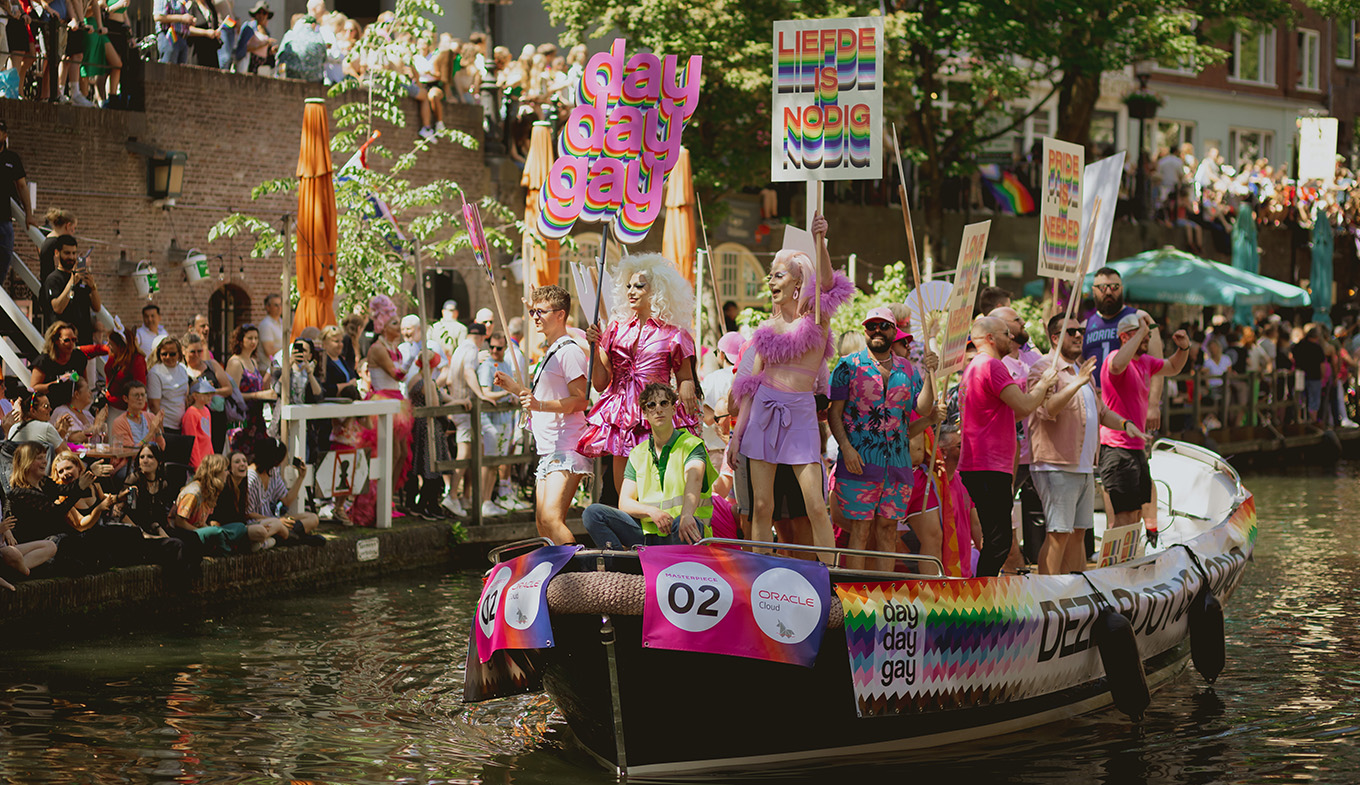
Feel free in the Netherlands - Sept. 9, 2024
Freedom has many meanings and can take different forms. From being free from war and violence to doing whatever you like. The latter could be typically Dutch. But being who you are and saying what you think or believe, that too is typically Dutch. Think of the Pride events organized in the Netherlands or the world's first same-sex marriages that were performed on 1 April 2001, in Amsterdam. To understand freedom today, a look back is necessary.
A turning point in Dutch history in 1848 was the reforms of liberal politician Johan Rudolph Thorbecke. By introducing freedom of education, the separation of church and state, and initiating women's rights in the constitution, Thorbecke laid the foundation for modern Dutch society. His work marked the beginning of a new era of democracy, freedom, and equality in the Netherlands. The foundations laid in 1848 continue to play an essential role in the Dutch state system and social life.
Women's Rights
The reforms of 1848 by politician Thorbecke did not directly bring about women's suffrage or complete gender equality, but they did mark the beginning of the emancipation of women in the Netherlands. The societal changes brought about by his constitution created a climate in which the call for women's rights could grow. The emphasis on civil rights and individual freedoms encouraged women to fight for their own rights. Women's suffrage was granted in 1922.
International Women's Day is celebrated annually on 8 March in the Netherlands, with the theme for 2025 being 'Woman of the Future.’ On this day, attention is focused on current women's issues such as economic independence, domestic violence, work, and contemporary concerns. It is also a moment to celebrate the rights achieved by women worldwide and to protest for further improvements. Various events are planned for that day, such as art exhibitions, lectures, film screenings, and discussion panels.
Opening of FENIX in 2025

In 2025, FENIX will open, a cultural place in Rotterdam inspired by migration stories from around the world. Whether it concerns cultural background, gender, sexual orientations, family composition, or working capacity: the Netherlands is becoming increasingly diverse. Nearly 25% of the Dutch population has a migration background. As a country, it is important that newcomers can feel at home and free again.
Pride Amsterdam is, for many people, the start of a pleasant, long LGBTQ+-friendly summer holiday in the Netherlands. It is not surprising that World Pride will be organized in Amsterdam in 2026. In other major Dutch cities such as: Rotterdam, Utrecht, Eindhoven, and Groningen, the acceptance of LGBTQ+ is also celebrated exuberantly with colourful Pride events.
International Coming Out Day
International Coming Out Day is celebrated annually on 11 October in the Netherlands. This day is intended to raise awareness for the LGBTQ+ community and to increase awareness of the challenges and discrimination that this group often faces. It is an opportunity for people who identify as lesbian, gay, bisexual, transgender, queer, or other sexual and gender identities to come out openly for who they are and share their stories.